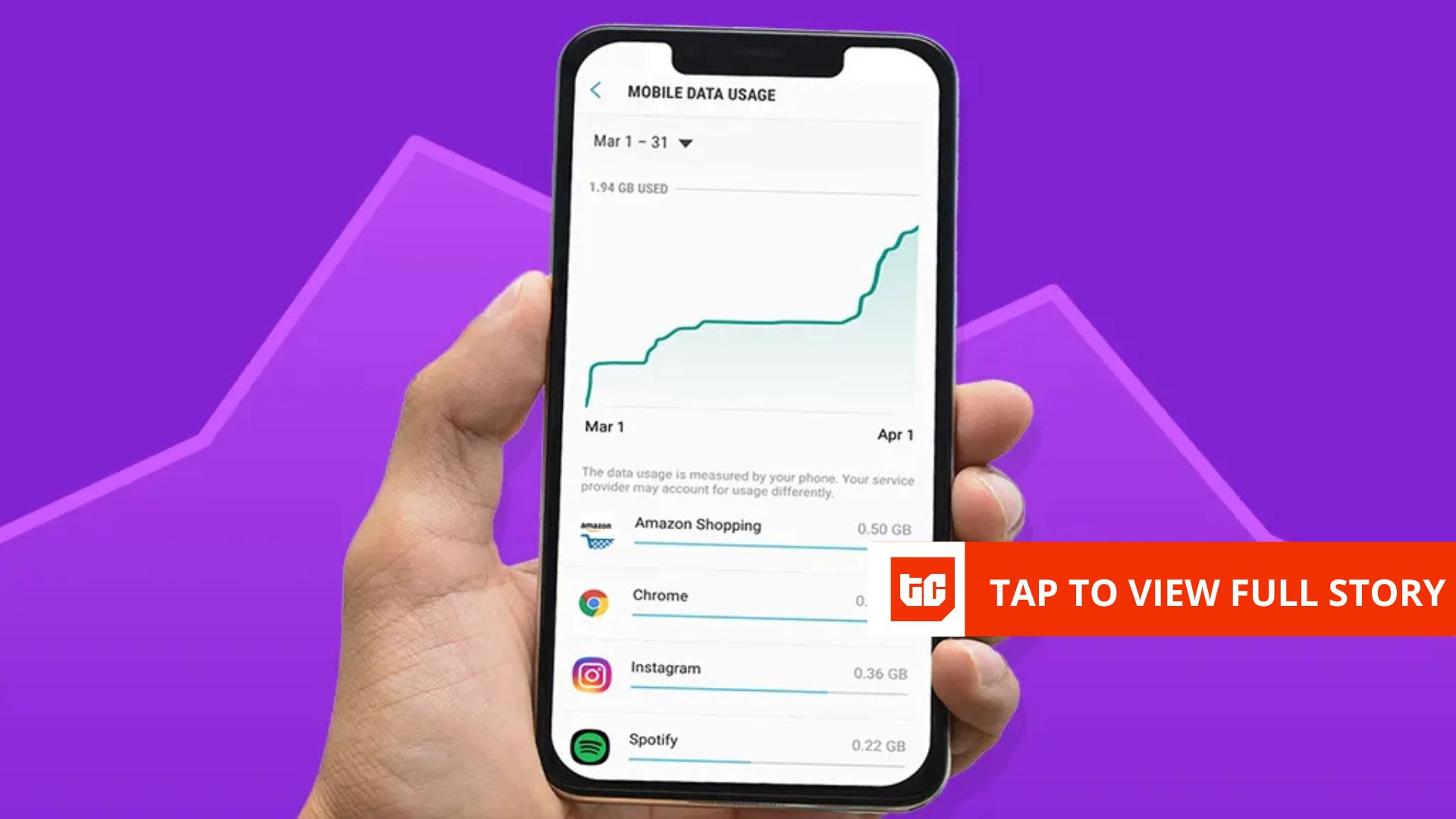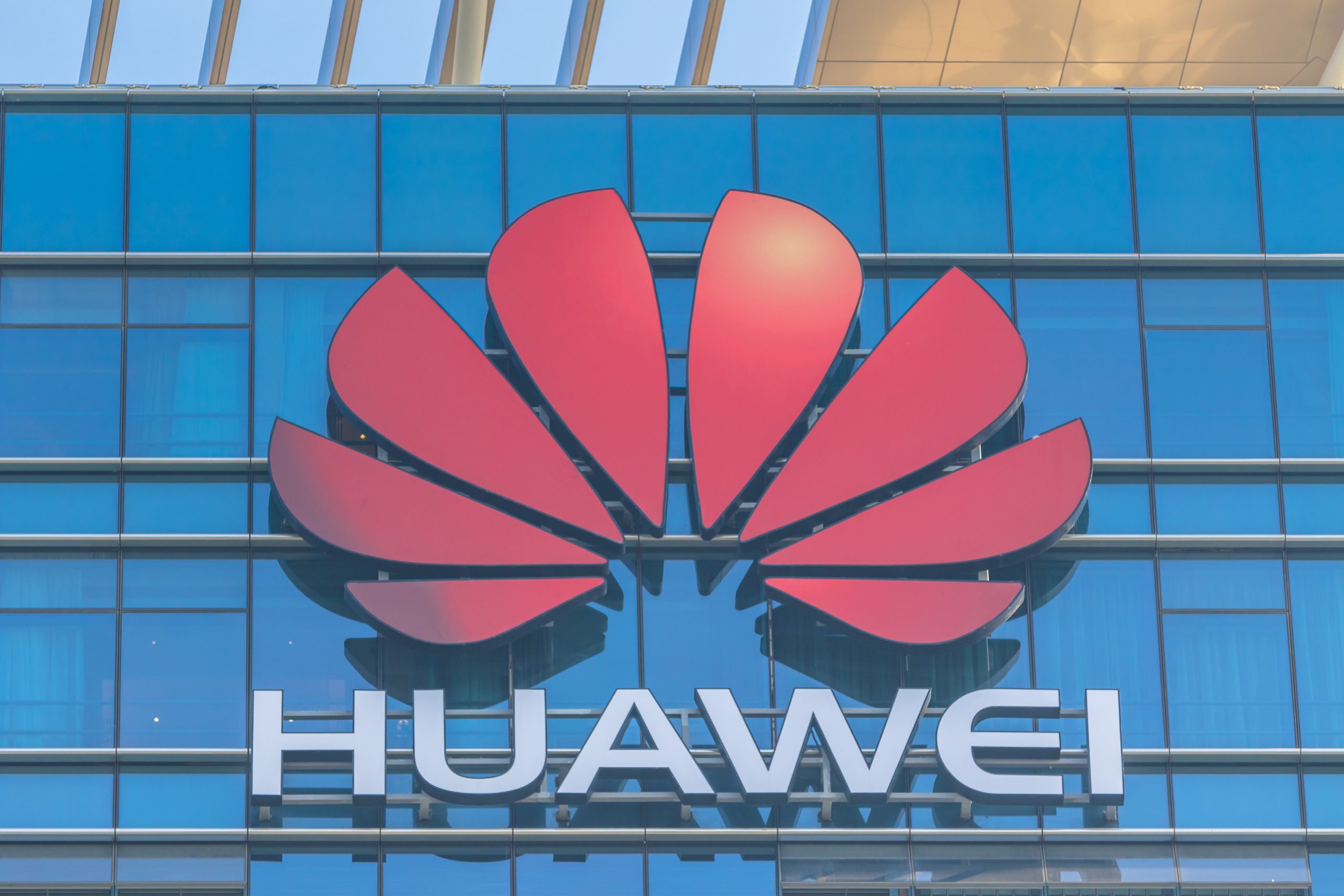In Nigeria, where mobile internet is expensive and essential, the claim that a telecom provider “stole my data” has become a common refrain. Scroll through local tech forums or listen to frustrated users on the street, and you’ll hear widespread complaints about vanishing data, even when phones appear idle. But while suspicions often point at operators like MTN and Airtel, the real culprit may be closer to home.
The myth of vanishing data
The perception that telcos—especially MTN, Nigeria’s largest telecom operator—are “stealing” data is widespread. And with Nigeria’s mobile data not cheap (₦3 per MB as of 2025), every megabyte counts.
However, according to the Nigerian Communications Commission (NCC), most data depletion complaints stem from user behavior and device settings, rather than deliberate sabotage. The regulator said that the data usage experience is a function of location, network equipment, and users connected in a particular area. Faster networks, background app activity, automatic downloads, and video streaming habits are the primary culprits.
“The higher the data speed, the quicker pages load-downlaods and uploads occur, and expectedly, the quicker internet bundles are exhausted,” the NCC said in an advisory. “So, as telecom consumers can use more devices in less time, some consumers’ devices and network service providers make it possible to limit data speed to help users manage data usage better.”
How your data gets used
Data consumption doesn’t only happen when you’re watching videos on YouTube or TikTok. Much of it happens quietly.
Background apps sync data, check for notifications, and download updates. Meanwhile, platforms like Instagram, Facebook, and TikTok autoplay high-definition videos by default. On fast networks, these actions happen in seconds, without the user noticing.
To illustrate: a 10-minute WhatsApp video call can use up to 150MB, costing ₦30.72 per MB. Watching a movie in 4K on Netflix on a 55-inch television can gulp up 17.5GB, consuming a large data bundle in just one sitting.
Apps draining your data
Many Nigerian users have between 60 and 90 apps installed on their smartphones, yet most apps are rarely used. However, a small group of data-heavy apps is responsible for most internet consumption. YouTube can consume up to 2.3GB per hour on high settings, TikTok up to 840MB per hour, Instagram over 700MB per hour during heavy video use, and Snapchat as much as 1.2GB per hour.
Streaming content on smart TVs, especially in 4K resolution, is even more data-intensive, using between 7GB and 16GB per hour. For example, watching a 2 hours 30 minutes (2.5 hours) movie on Netflix using a 55-inch HD television would use around 3GB of internet data. For a 4K (Ultra HD) 55-inch television, you will need 17.50GB (at 7GB/hour) of internet data to watch the same 2.5-hour movie on Netflix. The higher the size and definition of the television, the more data you use.
Game lovers are not left out. Digital games primarily consume large amounts of data during downloads or updates, ranging from a few gigabytes to over 100 GB.
For example, downloading a title like Call of Duty can exceed 100 GB. However, once a game is fully downloaded and updated, it can often be played offline without using any additional internet data. To conserve data, players can disable automatic updates and choose to play in offline modes.
While online multiplayer gaming does require an internet connection, it typically uses a modest amount of data, roughly 40 to 300 MB per hour. Other features, such as cloud saves (which store your game progress online) and trophy syncing (which updates your in-game achievements), consume minimal data. On the other hand, streaming games can be very data-intensive, using up to 15 GB per hour. Therefore, gamers concerned about data usage should be mindful of how they access and play their games.
On average, mobile users globally consume 21.6GB/month, with over 75% spent on video and social media apps. Even basic browsing on Safari or Chrome can use up to 700MB/hour.
So, unless you’re constantly monitoring what’s running—and how it runs—your data plan doesn’t stand a chance.
“Why does my data last longer on WiFi?”
Here’s a common question: if I stream the same YouTube video on mobile and WiFi, why does the data seem to drain faster on mobile?
The short answer: it doesn’t. It’s the limit, not the speed.
Most WiFi connections are unlimited or come with huge data caps, so users don’t notice consumption. Mobile data, however, is capped. Once you burn through your 5GB or 10GB, it’s gone, and the sting of purchasing another bundle makes it feel like your data was stolen.
In reality, both mobile and WiFi consume data at the same pace for the same activity. But because mobile data is precious, every megabyte hurts.
So, did MTN or Airtel “steal” your data?
The answer is no. But your frustration is valid.
Nigeria’s mobile data remains costly relative to incomes—the recent tariff increases have made it worse for subscribers—and the rapid pace of consumption, especially on faster networks, makes it feel like data is evaporating. Add to that auto-downloads, updates, and smart TVs streaming in full HD, and it’s easy to feel shortchanged.
Still, users aren’t entirely helpless.
How to make your data last longer
If you want to avoid yelling at your screen in data rage, here are practical steps you can take:
- Turn off auto-play: On apps like Instagram, Facebook, and YouTube.
- Disable background data: Go to your phone’s data usage settings and restrict background access for apps you rarely use.
- Set app update limits: Configure your phone to update apps only over WiFi.
- Lower streaming quality: Drop YouTube, TikTok, or Netflix video quality to SD or 480p while on mobile data.
- Use data-saver modes: Many Android devices come with built-in data saver settings; turn them on.
- Uninstall or freeze unused apps: The fewer apps checking for updates, the less background data consumed.
- Monitor with data manager apps: Apps like GlassWire or your phone’s built-in data tracker can help you spot usage spikes.
- Use WiFi for heavy tasks: Download podcasts, YouTube videos, or updates while connected to WiFi.
Bottomline
The myth of stolen data speaks to something deeper: Nigerians are caught at the intersection of rising internet prices, smartphone proliferation, and invisible consumption patterns. Faster networks and richer content experiences are welcome, but without tools to monitor usage and smarter defaults, data will continue to feel like it’s slipping through your fingers.
Until mobile data becomes significantly cheaper—or telecoms offer smarter, more transparent plans—users should defend their megabytes as fiercely as their money. While the telcos may not be stealing your data, your apps very well might.
Mark your calendars! Moonshot by is back in Lagos on October 15–16! Join Africa’s top founders, creatives & tech leaders for 2 days of keynotes, mixers & future-forward ideas. Early bird tickets now 20% off—don’t snooze! moonshot..com.









